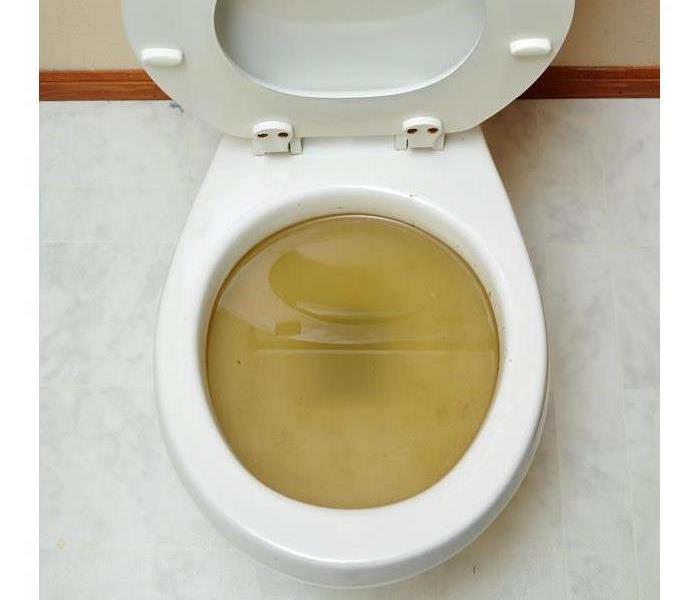How Does Heavy Rain Cause Sewage Backup?
3/1/2022 (Permalink)
 The reason that a sewer backup happens is that the city sewage lines are often overflowing with rain water after a storm
The reason that a sewer backup happens is that the city sewage lines are often overflowing with rain water after a storm
What Causes Sewage Back-Up When It Rains A Lot?
You were already worried about flooding from a heavy storm, but suddenly from the lower levels or basement of your building, you catch the tell-tale stench of contaminated water. You have a sewer backup, but how do backups happen after storms? How can you prevent your Van Nuys South, CA, sewer lines from flooding your building?
1. Too Much Rain Water
The reason that a sewer backup happens is that the city sewage lines are often overflowing with rain water after a storm. Because the sewage lines cannot contain any more water, they begin to back up into everything from sinks to bathtubs, and they can overflow with disturbingly odious contaminated water. Sometimes, the problem is mild, and sometimes, it can be severe enough to require evacuation of a building.
2. When Older Buildings Suffer
Older buildings are particularly vulnerable to more severe flood damage and backup from the sewer. Soil erosion and soil softening can make the foundations of older buildings more vulnerable, and the pipes often have less integrity. A backup can lead to a pipe bursting or can seep through weakened foundations to completely flood the basement level of a building.
3. Play It Safe
If you have contaminated water coming up through your drains, don’t try to brush it off. Do not try to use the faucets. Exit the building and immediately contact the city to let them know the city’s main sewer lines are compromised and backing up into your building.
4. Keep It Clean
One of your first priorities after dealing with sewer backup should be cleanup once the sewer mains have stopped overflowing. If you need to hire professionals to ensure sanitation, they may be able to provide you with more intensive options for deep cleaning and removing any contaminated water. Contaminated water can lead to mold growth, so be careful when entering the building after a sewage backup flood.





 24/7 Emergency Service
24/7 Emergency Service